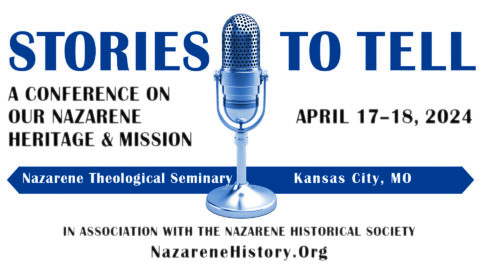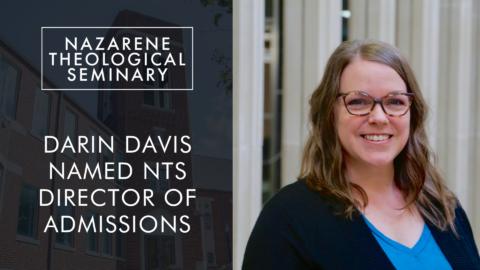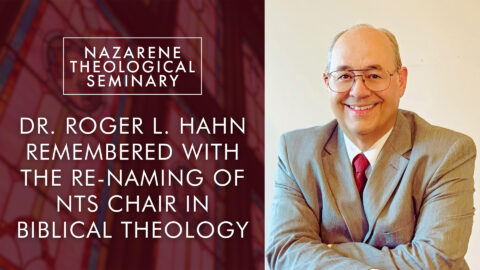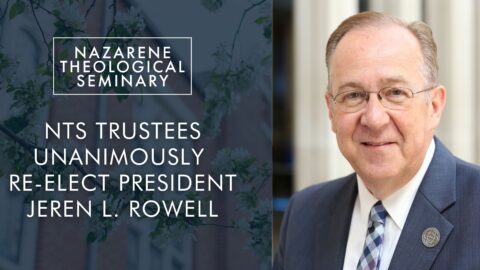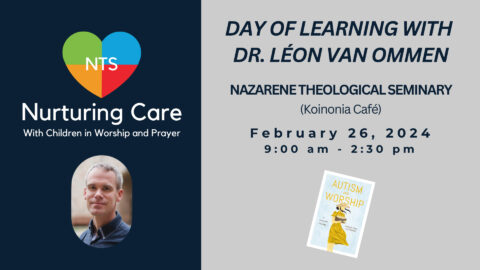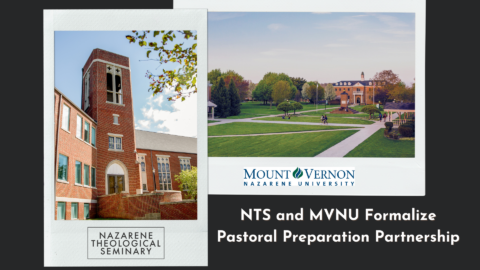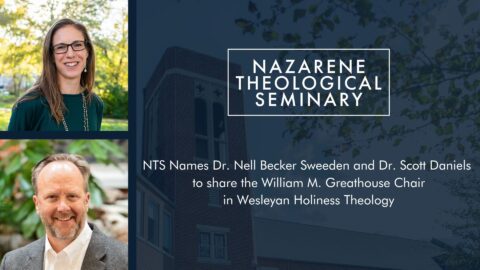The story was about Christian films, often the subject of derision. That is, until recently with several high-quality films emerging that are produced and directed by Christians and Christian organizations. I was watching a story in which the reporter was digging deeper into the work of Christian filmmakers. While interviewing a student about previous efforts in filmmaking by Christian organizations, the young filmmaker made the following observation which, in his mind, explained the whole problem:
“The people who made those films were pastors,” he said, “not artists.”
I missed the rest of the news story. That simple comment got me thinking for the rest of the day and into today as I write these thoughts. I am not thinking about the veracity of his claim relative to filmmaking, but about the strong possibility that in the minds of most people, pastors and artists are two very different vocations. I think this is a tragic and telling assumption that may help to explain at least part of why the church is struggling to find its voice these days.
Pastors should be artisans, persons who are skilled in seeing the possibilities in that which remains unformed, partially formed, or malformed. Pastors should be people who work to bring composition and arrangement out of the chaos in ways that allow its beauty to emerge. How else would we describe the care of souls, the calling out and formation of communities of faith? And our tools are artisan tools: imagination, language, love, listening, reflecting, experimenting, and more. What we are doing is not mere organizational leadership or even entrepreneurial development. Both of these are involved in pastoral ministry, but the heart of it, the essence of it is found in imagination and poetic speech, rooted in Scripture, that begins to spark the imago Dei dream that sits within the heart of every person and every community.
What people are hungering for, even when they don’t know how to name it, is for someone who has lingered in the presence of God to the point that they have caught a vision of the in-breaking kingdom of God. This kind of inspired vision is what enables the preacher to name the risen Christ’s presence and activity in the world by which Christ “is making all things new.” This takes time and patience. It requires the kind of time and patience that in contemporary culture is often dismissed as “poor leadership” at best or “laziness” at worst.
Somewhere along the line, probably in the midst of industrialization and modernization, we got the idea that pastors should be pragmatists or technologists, people who know how to build an organization and run a business. We set our pastors about the work of “growing the church” which quickly devolved from pastoral care to building the attendance, buildings, programs, and financial resource to support it all. Pastors became what I have called, “spiritual cruise directors,” assigned to make sure everyone is having a good time.
No wonder we’ve lost our voice. In a world that is enamored with spectacle and skilled in producing it, pastors and churches thought they should and could compete on that stage. Our effort to look and sound just like culture with a little Jesus thrown in has left us dismissed as hucksters who are just trying to make a buck on the burden of people’s guilt or lust for something to “explain” why life is at it is. We wanted to speak a language that people would recognize, which is not an entirely misplaced goal, but we fairly traded the language of salvation and redemption for the languages of therapy, management, and entertainment. Consequently, too many contemporary preachers seem nearly embarrassed by the Bible, working to minimize its bold, poetic speech for something more reasonable and familiar.
The voice that is so badly needed today is a voice that is too often drowned out by a cacophony of therapeutic advices and social media image-making. It is the voice of the poet who has been caught up into God’s vision of God’s good creation being redeemed in Christ. It is the poet who comes in the power of the Spirit to paint a portrait of the reign and rule of God that inspires us to long for and live into its truth.
Walter Brueggemann describes this poetic speech as that which is “dramatic, artistic, capable of inviting persons to join in another conversation.”[i] He goes on to suggest that modern life keeps us stuck in prose: a world that prefers formulae and safe certainties. “Sunday morning is the practice of a counter life through counter speech,”[ii] he writes. Offering this “counter speech” is not pastoral innovation. It derives from the Bible, but not coldly or flatly. It rises in the Spirit-empowered relationship of God-inspired word, community of faith, and prayerful hearers.
There is no pastoral task more essential and none more life-giving to the community of faith than the task of going to Scripture as one sent by the Spirit from the community of faith, motivated by love to hear the word of the Lord, and then coming back to announce with joy, skill, and imaginative speech, “Thus says the Lord!” Pastors are artisans, passionate and skillful story tellers who are always growing in the art. For the sake of the gospel and for the sake of the church in the world, may it be so.

Dr. Jeren Rowell
President and Professor of Pastoral Theology


